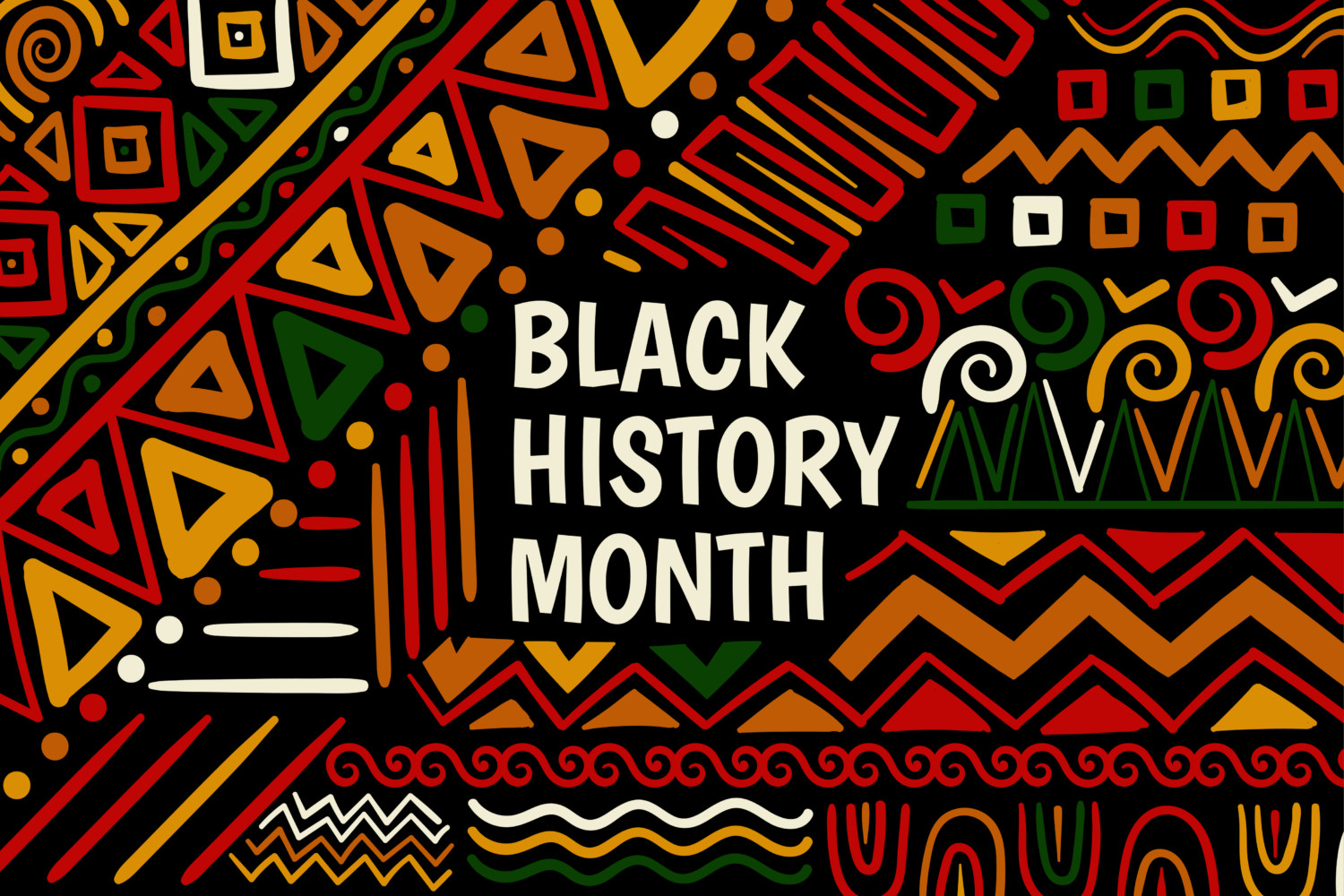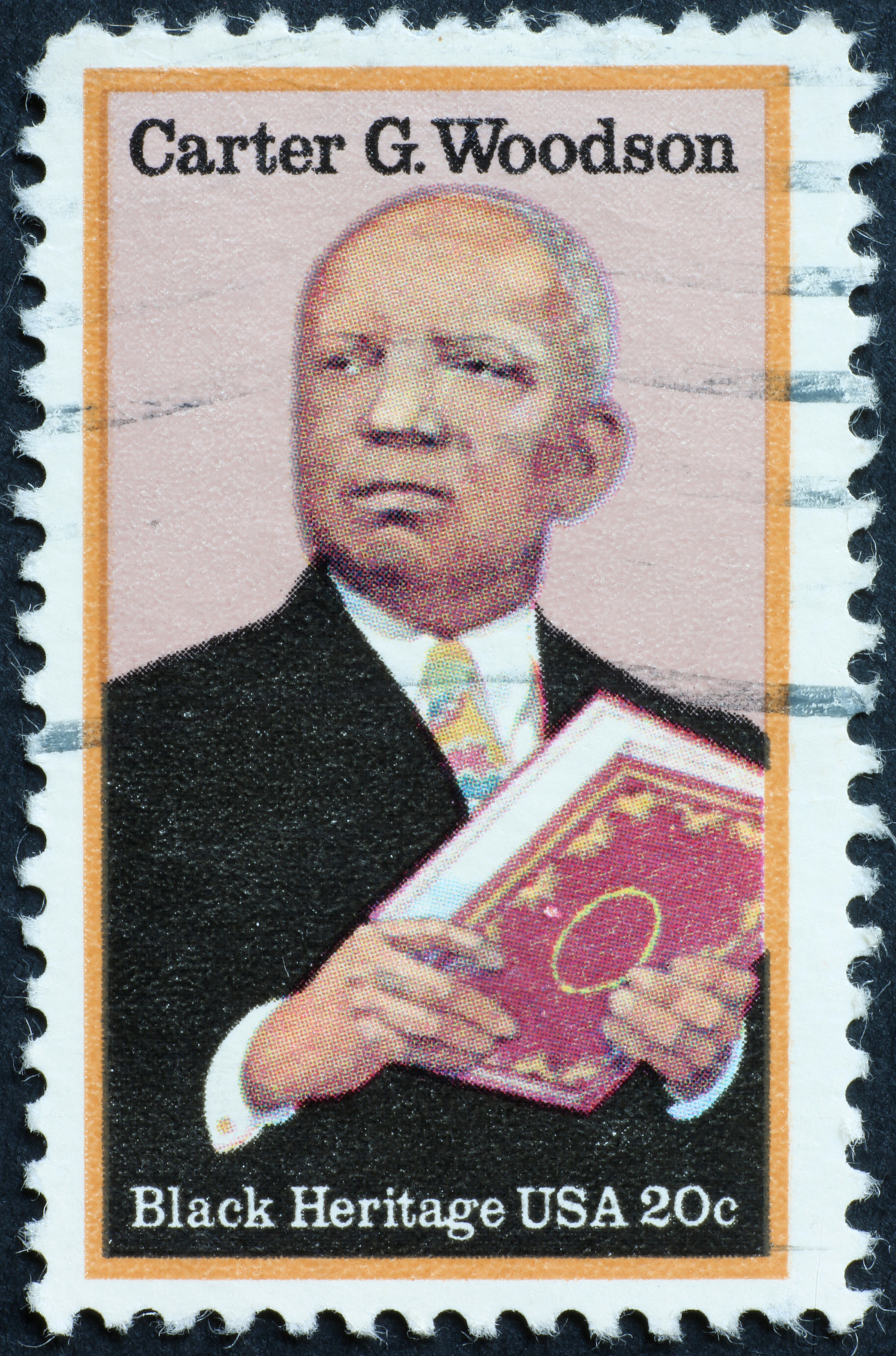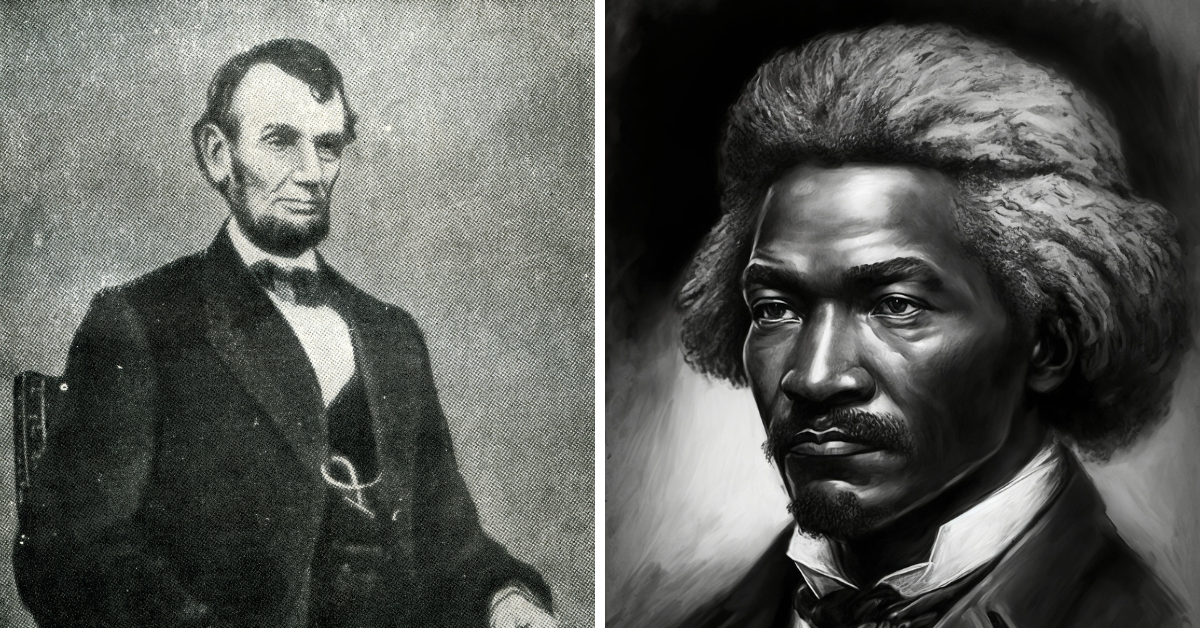On Feb. 1, our nation began celebrating Black History Month. For the month of February, Americans shine a light on the history of African Americans in this nation and acknowledge their accomplishments, contributions and struggles. From schools to businesses, people are finding opportunities to honor the impact African Americans have had on our nation’s history.
The decision to designate a month to reflect Black history didn’t happen until the mid 1970s, and now, many feel 28 days isn’t enough time to celebrate Black Americans’ contributions to our country.
In February 2016, President Barack Obama reminded the nation about the importance of not trivializing Black History Month as a one-off event each year.
“Black History Month shouldn’t be treated as though it is somehow separate from our collective American history or somehow just boiled down to a compilation of greatest hits from the March on Washington, or from some of our sports heroes,” he said from the White House East Room. “It’s about the lived, shared experience of all African Americans, high and low, famous and obscure, and how those experiences have shaped and challenged and ultimately strengthened America.”
But why did it take so long for Black History Month become an annual event in the U.S., and how did it happen?

When Did Black History Month Receive Official Recognition?
The first official Black History Month in the U.S. was initiated by President Gerald R. Ford in 1976. In his Feb. 10, 1976 proclamation, Ford encouraged Americans to take time to “review with admiration the impressive contributions of Black Americans to our national life and culture.”
In the quarter century before ushering in Black History Month, the Civil Rights movement pushed for integration and equality on every level, from the classroom to the boardroom. The momentum of this movement helped usher in Black History Month — an official recognition that Ford said was overdue.
“In celebrating Black History Month, we can take satisfaction from this recent progress in the realization of the ideals envisioned by our Founding Fathers,” he said. “But, even more than this, we can seize the opportunity to honor the too-often neglected accomplishments of Black Americans in every area of endeavor throughout our history.”

Meet The Man Responsible For Black History Month
Though the month-long celebration became official in 1976, the idea behind Black History Month started at the turn of the 20th century, when African Americans had minimal legal standing in the country and few mentions in history books of their contributions and achievements.
President Abraham Lincoln’s Emancipation Proclamation had only been signed in 1863, and it wasn’t until Dec. 6, 1865, that Congress officially ended slavery by passing the 13th Amendment to the U.S. Constitution. The idea of broadening our nation’s view of our full history to include African Americans was still a new concept. But author, journalist and historian Carter G. Woodson intended to change that.
In 1912, Woodson, whose parents were slaves, became only the second African American in U.S. history, after W.E.B. Du Bois, to graduate with a Ph.D. from Harvard University. In the years following his graduation, he made it his mission to promote the accomplishments of Black Americans.

In 1915, Woodson founded the Association for the Study of Negro Life and History, which today is known as the Association for the Study of African American Life and History (ASALH). A few years later, in 1926, he proposed a week-long celebration of Black history to encourage public educators to share related lessons in school.
“Woodson’s goal from the very beginning was to make the celebration of Black history in the field of history a ‘serious area of study,'” Albert Broussard, a professor of Afro-American history at Texas A&M University, told NPR.
Woodson’s efforts earned him the nickname “The father of Black History.”
Why Is Black History Month In February?
February has historic significance for African Americans.
Back when Woodson proposed the week-long Black History celebration, he chose the second week of February for the occasion in order to coincide with two important birthdays: President Abraham Lincoln and author and speaker Frederick Douglass.
According to ASALH, Woodson knew members of the African American community already honored these two men for their contributions to Black history. Therefore, it made sense to him to broaden the celebration at that time to honor of all African American people.

How Did Black History Month Evolve From A Week To A Month?
Over time, the idea that a single week could encapsulate a culture’s influence on our nation’s history seemed too limiting. At first, grassroots efforts in local communities, schools and universities pushed for a longer celebration.
The Civil Rights Movement of the 1960s brought in a new wave of interest and enthusiasm for Black History. In 1970, Kent State University became the first institution to institute a full-month celebration. Six years later, Black History Month became a national commemorative event.
Now, the celebration is more than just posters on a classroom wall and a few speeches or lectures. We can attend museum exhibits and concerts, watch live productions or filmed programming and read countless books that pay tribute to the African American experience and influence on American history and culture.
This story originally appeared on Simplemost. Check out Simplemost for additional stories.


